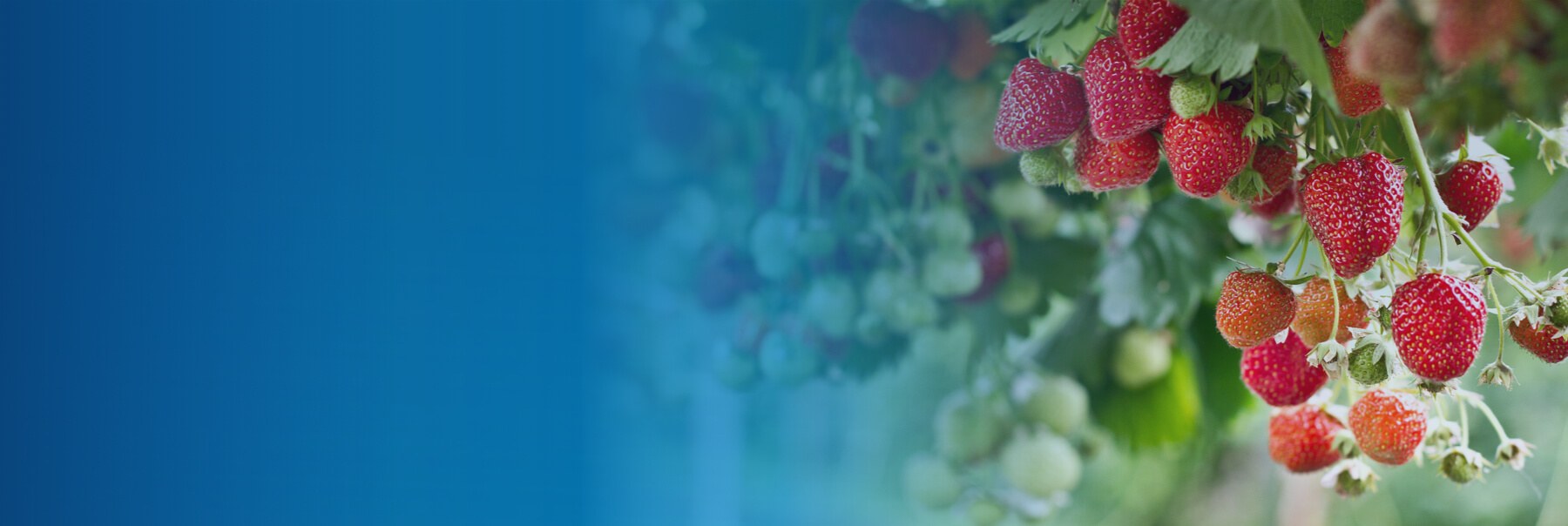Niall Macalister Hall is CEO of Beinn an Tuirc Distillers, a business founded in 2016 by Niall, his brother and his wife. Focusing on environmental and community issues, the distillery uses hydroelectricity to produce its products and supports a number of community projects. The business now offers a range of craft spirits under the Kintyre brand, an onsite (and online) shop, distillery tours and tastings.
One business success
- I feel the biggest success for us over the last 12 months was winning three awards at the Scottish Gin Awards 2020. A virtual event due to Covid, the awards have been running for four years now and bring together a huge number of gin producers throughout Scotland. We won the best High Strength Gin, took a highly commended award in the London Dry Category and won the award for Excellence in Sustainability. We pride ourselves on our eco-credentials, and sustainability is what we are all about - using our own hydro electricity to power our still, our tree planting scheme, and all the other measures that we try and put in place. This is a very hot topic now and will become increasingly so over the next couple of years.
Two challenges for the sector
- The first one is the sheer number of gin producers on the market. When we started in 2017 there was a reasonable handful, but this has mushroomed. While it is great to see so many different styles and variations out there, it has led to a very competitive marketplace and achieving new listings with major retailers can be difficult. Our difference is our sustainability and not our price point, and this is not an easy point to get across in negotiations where sometimes it is all about price, price and price!
- The second one has to be, for me, BREXIT. At the time of writing, we still don't know what this will mean for the industry. In 2018, prior to Covid, we exported approximately 25% of our volume to EU countries. While this won't stop, it will become more difficult, with red tape and added bureaucracy, and quite possibly additional costs. We, and others, will all be trying to forge new markets out with the EU to future proof our exports. This isn't easy as gin is pretty much a universally made product!
Three forecasts for the sector
- More and more producers will realise both the moral and the market advantages of producing a product in a sustainable way. While we started out with this mindset, others are now beginning to realise it is the way to go and this is great to see. For us, we will continue to review our own footprint and are already planning low carbon developments - for example, the installation of EV charge points for visitors, the further development of our walled garden to produce local food for our new cafe and changes to packaging.
- It is a well-known fact that young people aren't consuming as much alcohol as we once did (for those that are nearing middle age!). This is a healthy option for some which are already spurring producers like us into developing low, or non, alcohol variations of their products on to the market. This market is growing rapidly and more will look to diversify.
- Online sales and tutored tastings have become the norm during the pandemic. Post virus, I fully expect this to continue as a 'new norm'. We have hosted a number of gin tastings, cocktail making classes, and staff nights 'out' for clients across the UK. This is a great way for us to reach new audiences and to push our brand messages further, but also for the consumer to enjoy a relaxing and fun evening indoors.
February 2021
